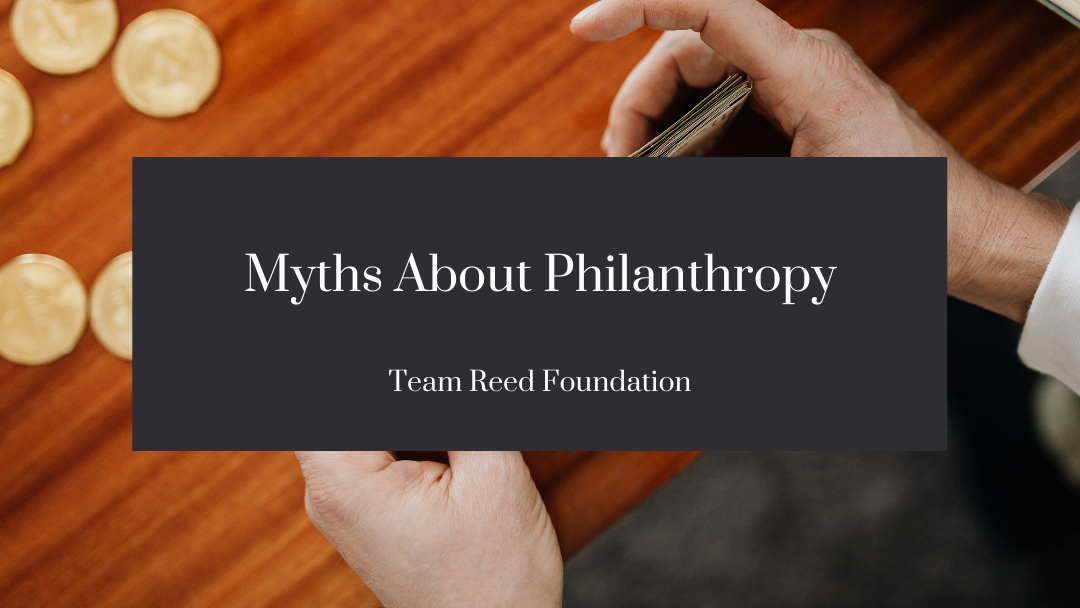Every year thousands of people make a point of donating to a charity of their choice. It feels good knowing that their money is making a difference in the world. Yet despite this charitable attitude, many common myths and misconceptions surround the world of philanthropy.
Philanthropy is described as the desire to help others by donating funds. Yet this term has become slightly misconstrued over the years. Likely due to various reasons, including an internet full of misinformation. Here are some of the most common philanthropy myths and why they are wrong.
Myth: It’s All About the Money
It is easy to understand why this myth is so commonly believed. Yes, money can and will help any charitable organization. However, there are dozens of other ways to help out an organization. All of these methods, from volunteering to providing necessary supplies, are appreciated by any nonprofit organization.
Myth: Women Are Less Philanthropic Than Men
Another common misconception is that women are less philanthropic than their male counterparts. This belief likely originated back when men were the family’s primary breadwinners. These days, women bring home just as much money, which combined with their increased willingness to donate, means that they are quite commonly philanthropic.
Myth: Nonprofits Are Irresponsible
The last decade brought with it a breach of trust, as a few larger known nonprofit organizations were revealed to be less than honorable. However, one rotten egg does not imply nefarious intent or incompetence in the rest. Nonprofit organizations have become quite transparent about spending their money, making it clear how donation money is spent. If this concern is stopping you from donating, take the time to research how your chosen charity handles donations before making a final decision.
Myth: Millennials and Younger Generations Don’t Donate
Another common myth is that younger generations aren’t interested in philanthropic work. This likely started upon the realization that overall donations were at a steady decline. However, this is too broad of a take for a relatively limited amount of data.
Studies have shown that millennials are more likely to donate their time and efforts, while another one found that three out of every four millennials contributed during the pandemic. These numbers prove that younger generations care – they’re just finding different ways to make a difference.

